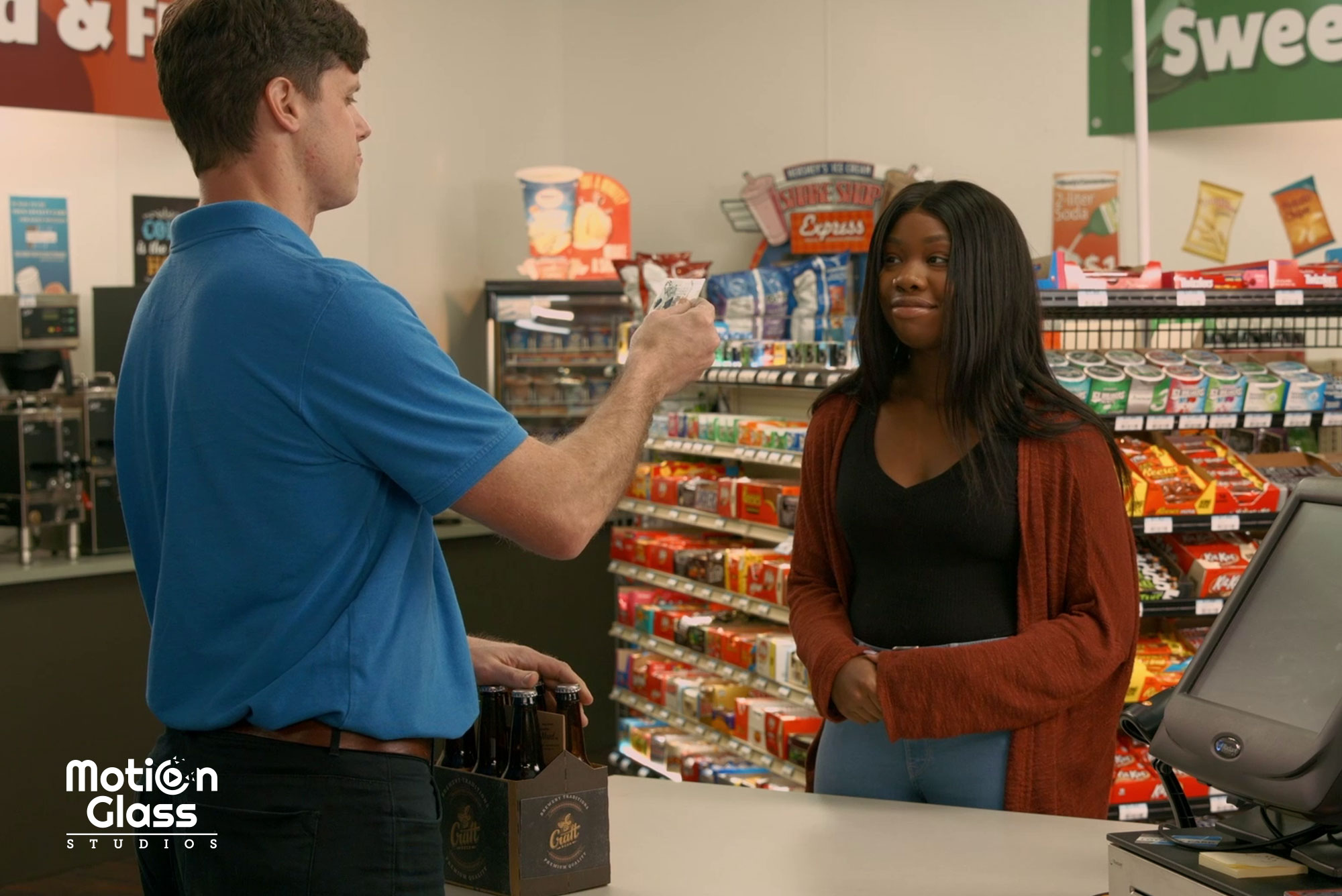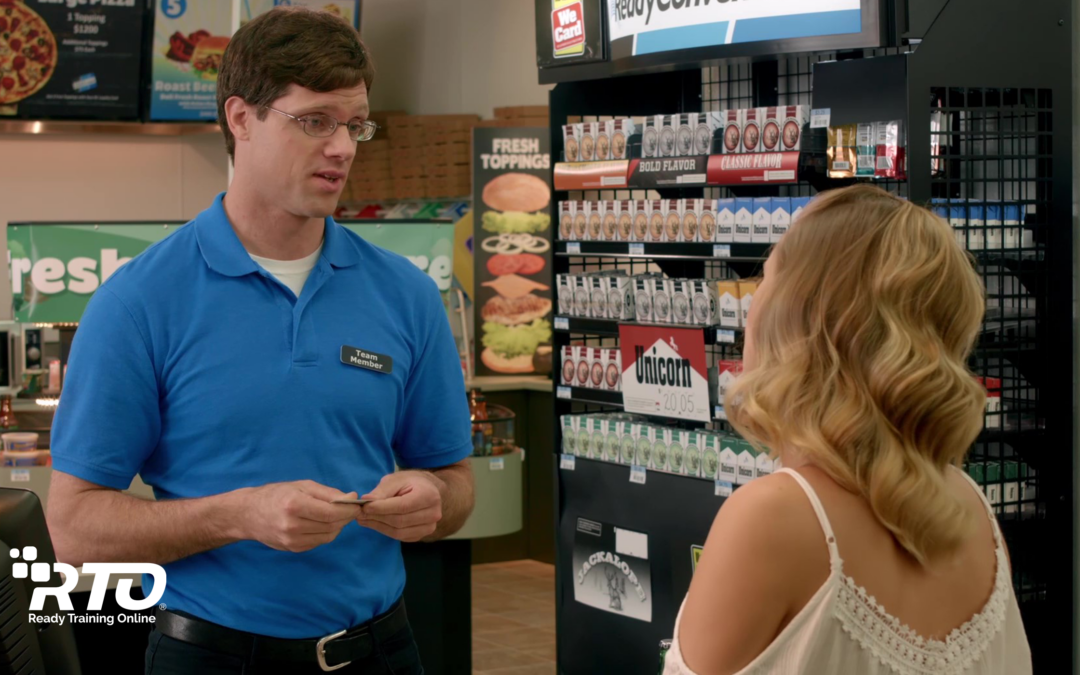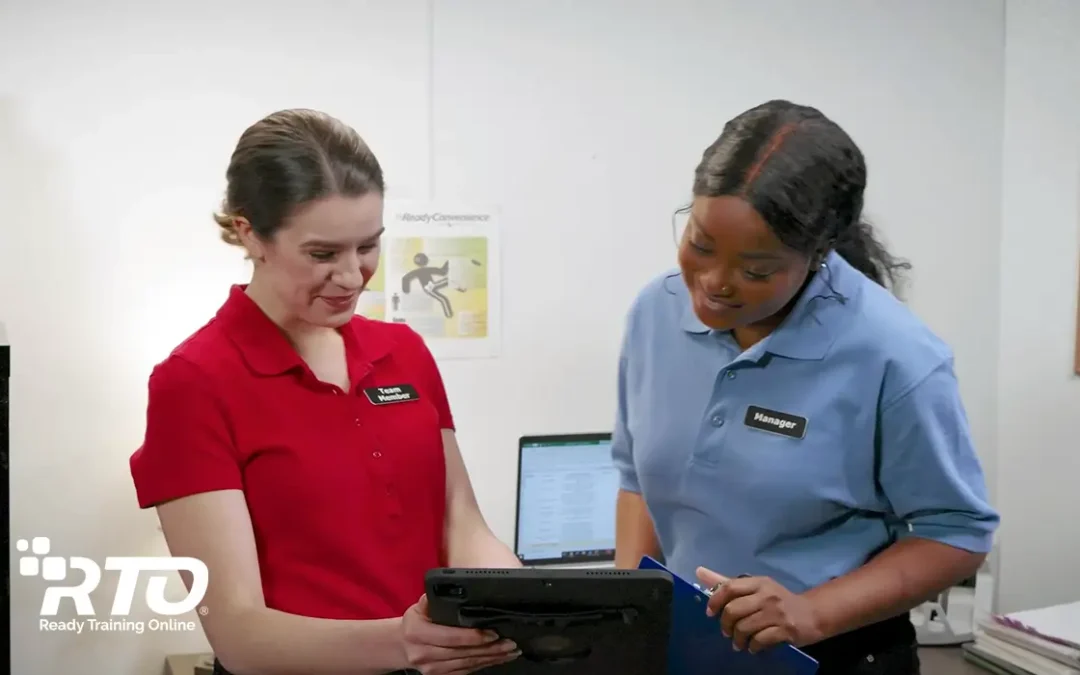Excessive alcohol consumption is one of the leading causes of preventable deaths, and teenagers are especially at risk. A recent National Survey on Drug Use and Health estimates that approximately 400,000 adolescents in the United States ages 12-17 have an alcohol use disorder. As the manager of a store selling alcohol, it is your responsibility to ensure employees are following procedures to prevent the sale of alcohol to underage customers.
Handling Underage Alcohol Purchases
One report recently released stated that $17.5 billion in beer and liquor sales was consumed by minors during the year studied. Minors are clearly purchasing alcohol, and they’re looking for many of the brands you sell in your store, such as popular hard seltzers and trendy beer varieties. It’s imperative that you and your employees are diligent during alcohol transactions to avoid sales to underage customers. This is where responsible alcohol training comes in.
Selling alcohol to underage customers can come with serious consequences; therefore, you and your employees cannot afford to make mistakes. Responsible alcohol sales training is important, but in order to prevent illegal sales, you may also want to frequently refresh training on three important aspects of alcohol sales: checking IDs, spotting fake IDs, and refusing sales.
Checking IDs
Make sure all employees handling age-restricted transactions are familiar with the process of checking IDs, as well as your store policies for checking IDs – whether they need to card everyone regardless of age, or just everyone who appears under a certain age. Four things to keep in mind about the customer’s ID:
- It must be an official government-issued document with a photograph.
- It must not be expired.
- It must prove that the guest is at least 21 years old.
- It must belong to the guest who presents it.
Spotting Fake IDs
When checking someone’s ID it’s important that employees are taking time to really look at it, and not just give it a quick glance. Here are some things they should be looking for:
- Make sure the ID is smooth with no alterations or rough and bumpy spots.
- Make sure the ID is the proper size and thickness, with a clean laminate.
- Check the corners – most IDs have rounded corners, so square or ragged edges would indicate a fake.
- Verify all fonts on the ID are the same – a legal ID would be printed with only one font.
- Tilt the ID back and forth – many IDs have security features such as holograms only visible from different angles.
- Check that the back looks just as good as the front, not a photocopy.
Refusing Alcohol Sales
While you’ve likely heard “the customer is always right,” it’s better to be safe than sorry when it comes to selling alcohol. If your employees suspect the customer to be underage and using a fake ID they should refuse the sale. This is where your employees’ training really comes in – make sure your employees are always using good customer service skills, even when refusing a sale. Three things to keep in mind when refusing a sale:
- Thank the customer for their understanding and cooperation.
- Don’t back down from the decision once it’s been made.
- Stay firm, and don’t get into an argument with the customer.
It helps if your employees know what to say when refusing a sale before they’re even placed in that situation. Role playing during training will give employees a chance to practice responses so they can feel more confident when faced with the challenge of refusing a sale.
Train Your Staff on Responsible Alcohol Sales
The Responsible Alcohol Sales for Off-Premise Sellers training from Ready Training Online covers properly checking ID, spotting fake IDs, and refusing alcohol sales while delivering exceptional service. State-specific training for certain states is also available, including California Responsible Beverage Service and the Florida Security, Tobacco Sales, & Alcohol Responsible Vendor program.





